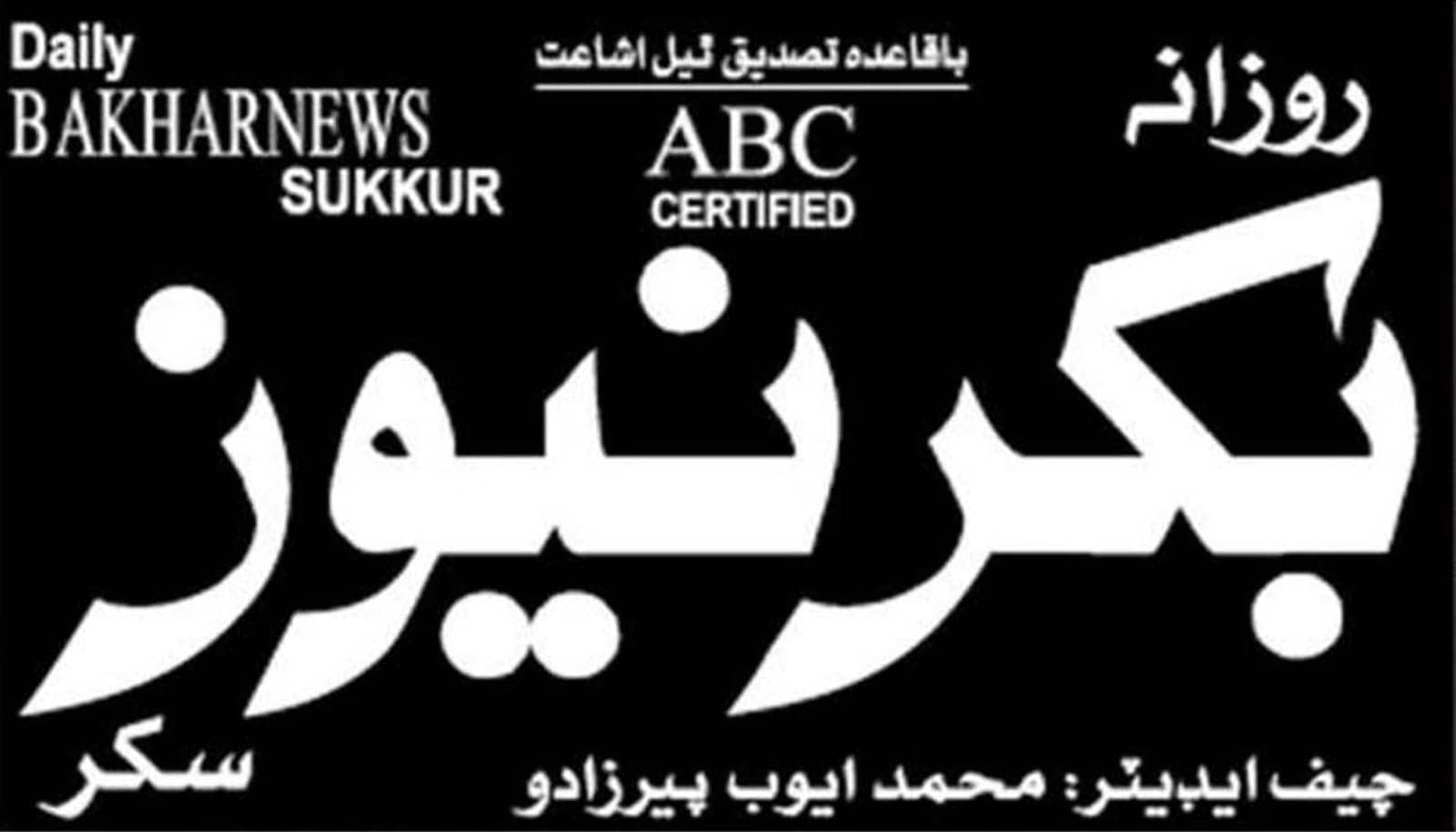WASHINGTON, Apr 22, Federal Minister for Finance and Revenue
Senator Muhammad Aurangzeb held crucial discussions with global leaders,
including top officials from the International Monetary Fund (IMF) and
the World Bank Group, during his visit to Washington.
The meetings focused on key issues such as economic reforms, climate
resilience, and development projects in Pakistan.
The meetings were held on the sidelines of the 2025 Spring Meetings of
the International Monetary Fund (IMF) and the World Bank Group, said a
press release issued by the Finance Ministry Tuesday.
The finance minister also held a meeting with Robert Kaproth, Assistant
Secretary of the US Department of the Treasury, and briefed him on
Pakistan’s improving macroeconomic indicators.
He highlighted ongoing reforms in taxation, energy, privatization,
state-owned enterprises (SOEs), pensions, and debt management.
The minister underscored the significance of the World Bank’s Country
Partnership Framework (CPF) in addressing Pakistan’s critical
challenges, including population growth and climate resilience.
During his meeting with IMF Managing Director, Ms Kristalina Georgieva,
Minister Aurangzeb thanked the IMF team for reaching a Staff-Level
Agreement on the First Review under the Extended Fund Facility (EFF) and
a new arrangement under the Resilience and Sustainability Facility
(RSF).
The minister reiterated Pakistan’s commitment to maintaining the reform
momentum and extended an invitation from the Prime Minister of Pakistan
for Ms Georgieva to visit the country.
Meanwhile, during a meeting with President of the World Bank Group, Ajay
Banga, the Finance Minister expressed gratitude to the World Bank for
its historical support to Pakistan and commended its leadership in
developing a transformative CPF — a decade-long strategic roadmap
centred around measurable impacts and outcomes.
He appreciated the World Bank’s ongoing assistance in crafting a
comprehensive implementation strategy and action plan to operationalize
the CPF while simultaneously enhancing overall efficiency.
The minister also provided a detailed overview of Pakistan’s
macroeconomic turnaround and reaffirmed the government’s unwavering
commitment to ensuring sustainable economic stability.
Earlier, the minister met with the Deloitte delegation and apprised them
of Pakistan’s macroeconomic outlook, the government’s sectoral
development agenda, and its export-led growth priorities.
Both sides explored potential collaboration in energy sector reforms,
critical minerals extraction and marketing, privatization, technology,
crypto policy, and the operationalization of the Country Partnership
Framework (CPF).
Aurangzeb also welcomed Deloitte’s planned visit to Pakistan in May 2025
to further deepen engagement.
He also met with Ms Hela Cheikhrouhou, Regional Vice President of the
International Finance Corporation (IFC), and discussed private sector
reforms, energy transition, sound municipal finance, and full employment
initiatives.
He reviewed progress on Diversified Payment Rights (DPR) and commended
the IFC’s pivotal role in securing USD 2.5 billion in debt financing for
the Reko Diq Copper & Gold Mine Project in Balochistan.
The minister emphasized the importance of ensuring that local
communities benefit from the project’s economic gains.
Earlier, at a luncheon hosted by the US-Pakistan Business Council at the
US Chamber of Commerce, the finance minister engaged with American
corporate leaders, detailing Pakistan’s economic progress and reform
measures in taxation, energy, SOEs, and privatization.
He emphasized the importance of regional trade, market diversification,
and sectoral expansion. He thanked the US delegation for participating
in the Pakistan Mineral Investment Forum 2025 and expressed Pakistan’s
commitment to continued collaboration in the mining and minerals sector.
In yet another meeting with Mohamed Nasheed, Secretary General of the
Climate Vulnerable Forum & Vulnerable 20 (CVF-V20), Aurangzeb
appreciated the recent visit of the CVF Secretariat team to Pakistan and
the collaborative efforts to develop a Climate Prosperity Plan (CPP),
which identifies financing avenues for climate-resilient projects.
The minister highlighted Pakistan’s landmark decade-long CPF with the
World Bank, noting that four of its six key outcomes directly address
Pakistan’s existential challenges of climate change and population
pressures.
The minister also briefed on progress under the IMF’s Resilience and
Sustainability Facility (RSF) and reiterated Pakistan’s commitment to
finalizing CPP projects through a phased financing approach

